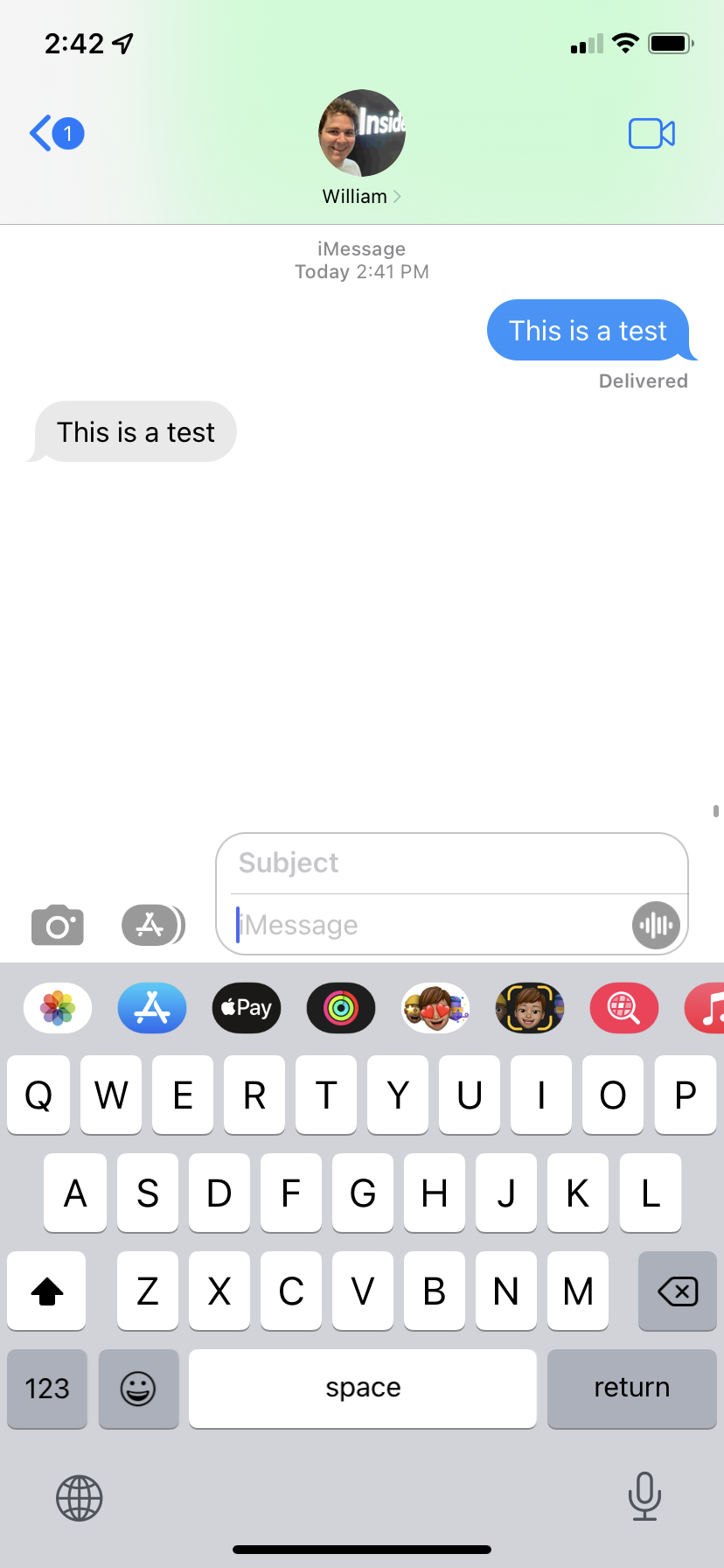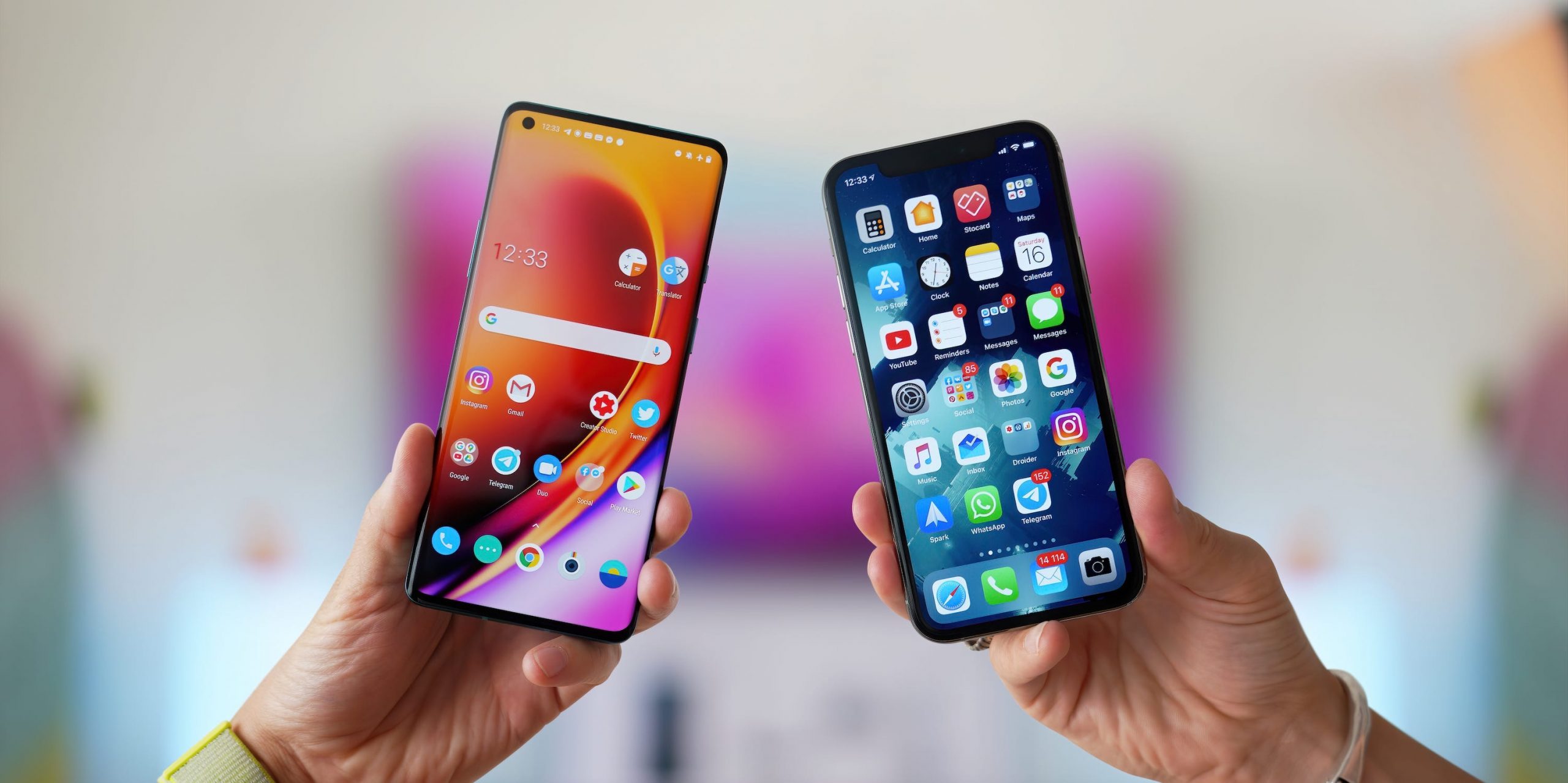
- To use iMessage on an Android, you'll need to download the AirMessage app and link it to your Mac.
- When you send a message from your Android, AirMessage will run it through the Mac first.
- iMessages are just like regular texts, but they get sent over the internet and have a distinctive blue color.
- Visit Insider's Tech Reference library for more stories.
It sounds silly to some, but "blue bubble" envy is real. There are a massive amount of users who get rid of their Android phones specifically because they can't use iMessage. It's not that there's anything wrong with SMS — people just like the blue iMessage bubbles.
But what these users might not know is that you can send and receive iMessage texts from your Android. It takes some setup, and you'll need access to a Mac computer, but it works well.
Here's how to get iMessage on your Android, so people can text you without running into green bubbles.
How to use iMessage on Android
To do this, you'll need an Android phone and a Mac computer.
Setting up the Mac
First, you'll need an Apple ID account. All iMessages have to go through an Apple ID that's connected to your phone number.
1. Create an Apple ID on the official website and link it to your phone number. If you've already got an Apple ID that's not linked to your number, head to the Apple ID website and log in, then click Account Security and add your number.
2. Log into your Apple ID in your Mac's System Preferences app by clicking Sign In in the top-right corner.
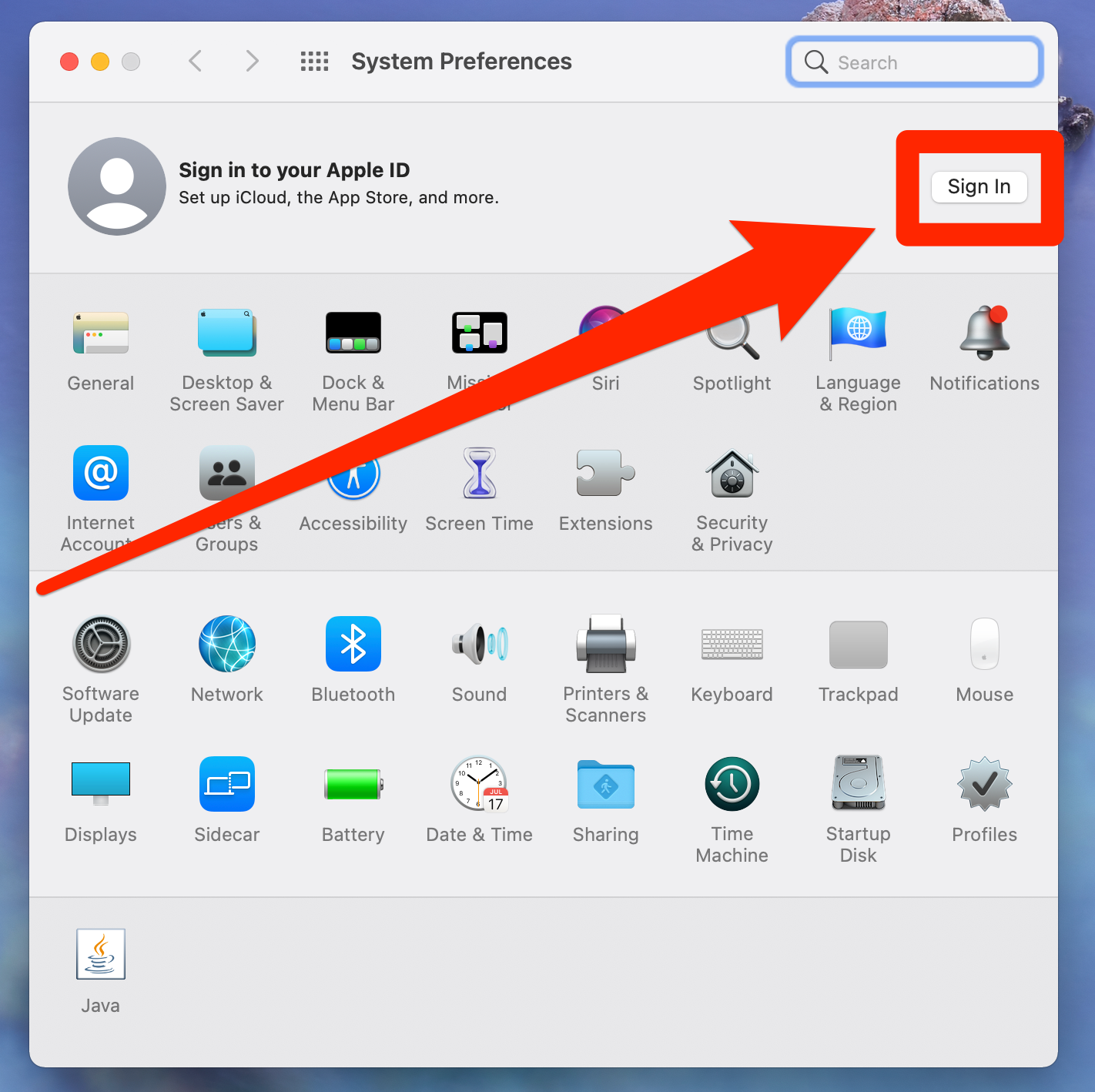
3. Once you're logged in, head to the Apple ID menu and click Name, Phone, Email in the left sidebar.
4. Under the Reachable at heading, click the plus sign.
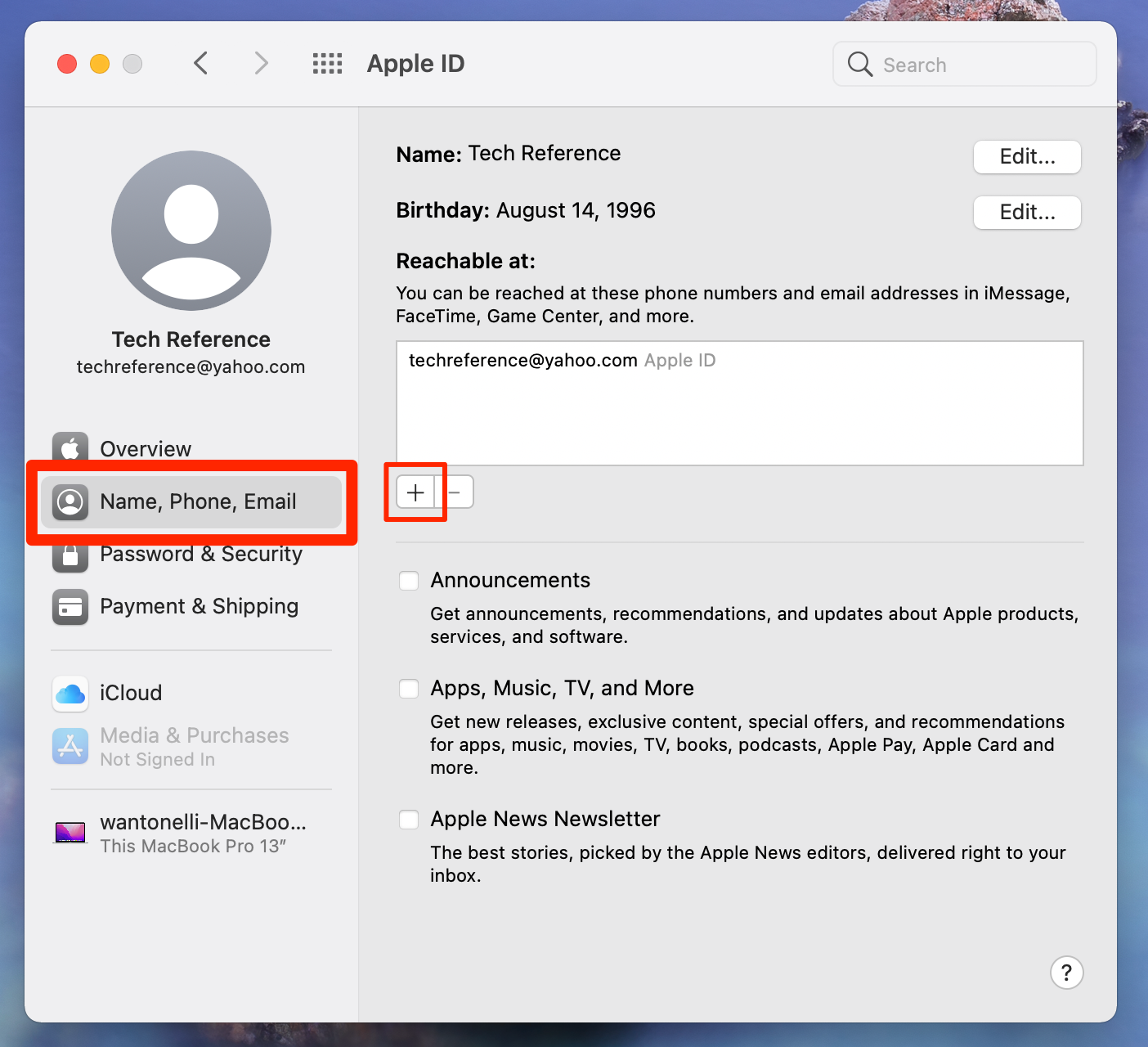
5. Select the Phone number option and type your number, then enter the code that's sent to you.
6. Next, open the Messages app and log into your Apple ID there, too.
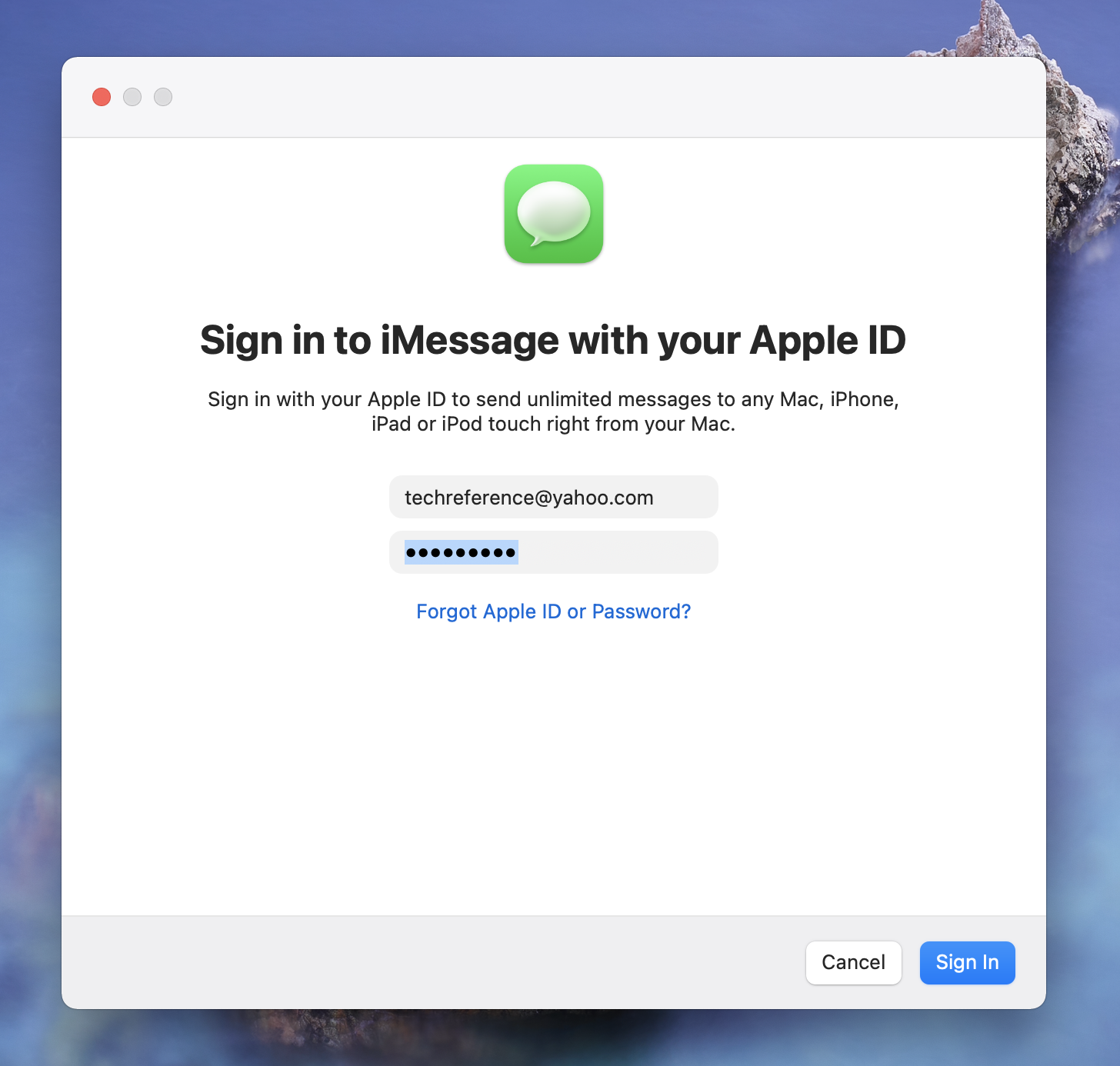
You've now got your Apple ID set up on the Mac. Now, you'll set up AirMessage.
Setting up AirMessage
Next, you'll set up AirMessage, the app that lets you send the iMessages.
1. On your Mac, head to the AirMessage website and download AirMessage Server for macOS, then unzip the file and move the app to your Applications folder.
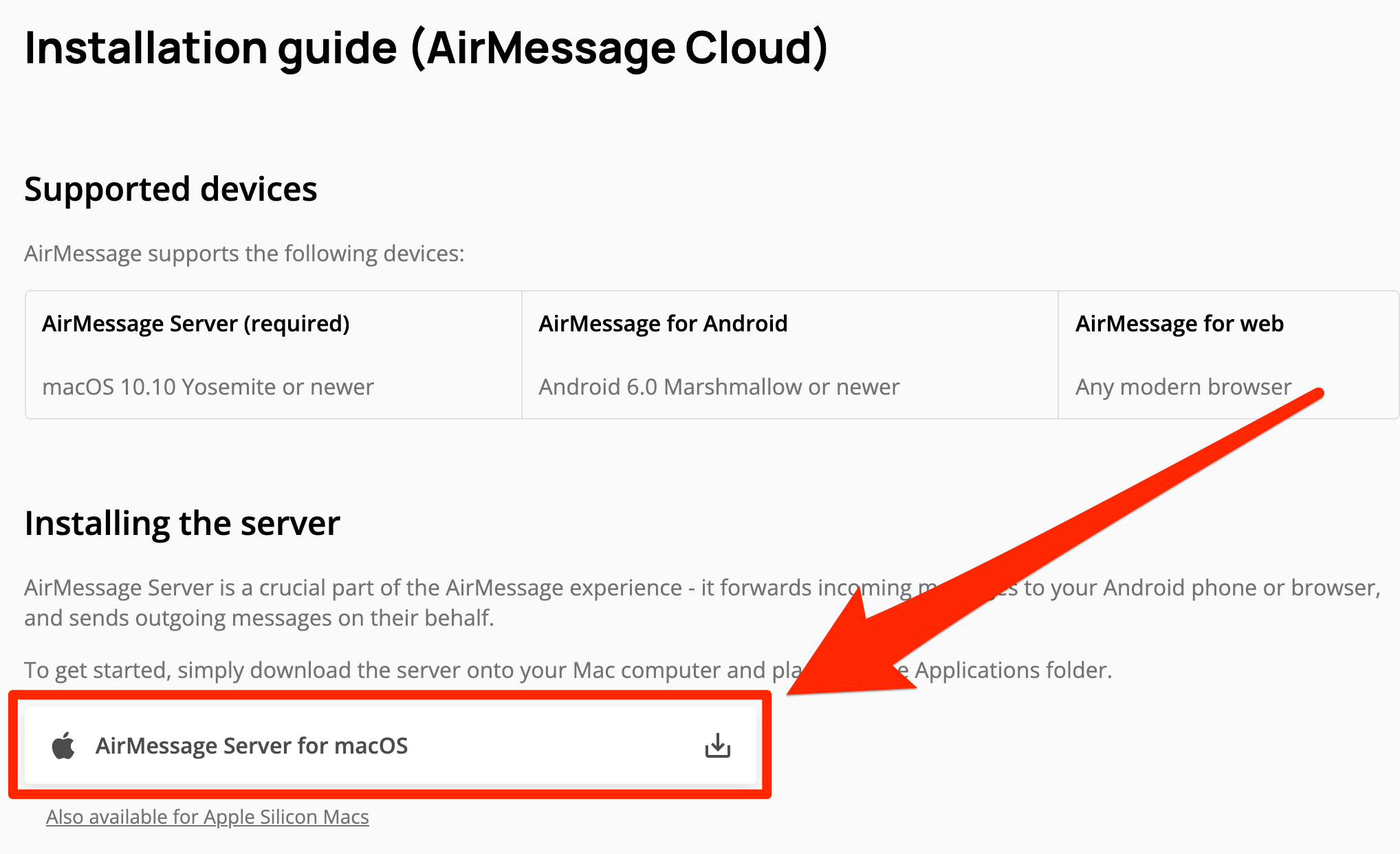
2. Open AirMessage on your Mac and make or connect an account. You'll also need to give the app disk access.

3. You'll also need to stop your Mac from falling asleep — if it's asleep or the lid is closed, you won't be able to route your messages. Open System Preferences and then click Energy Saver or Battery to change these settings.
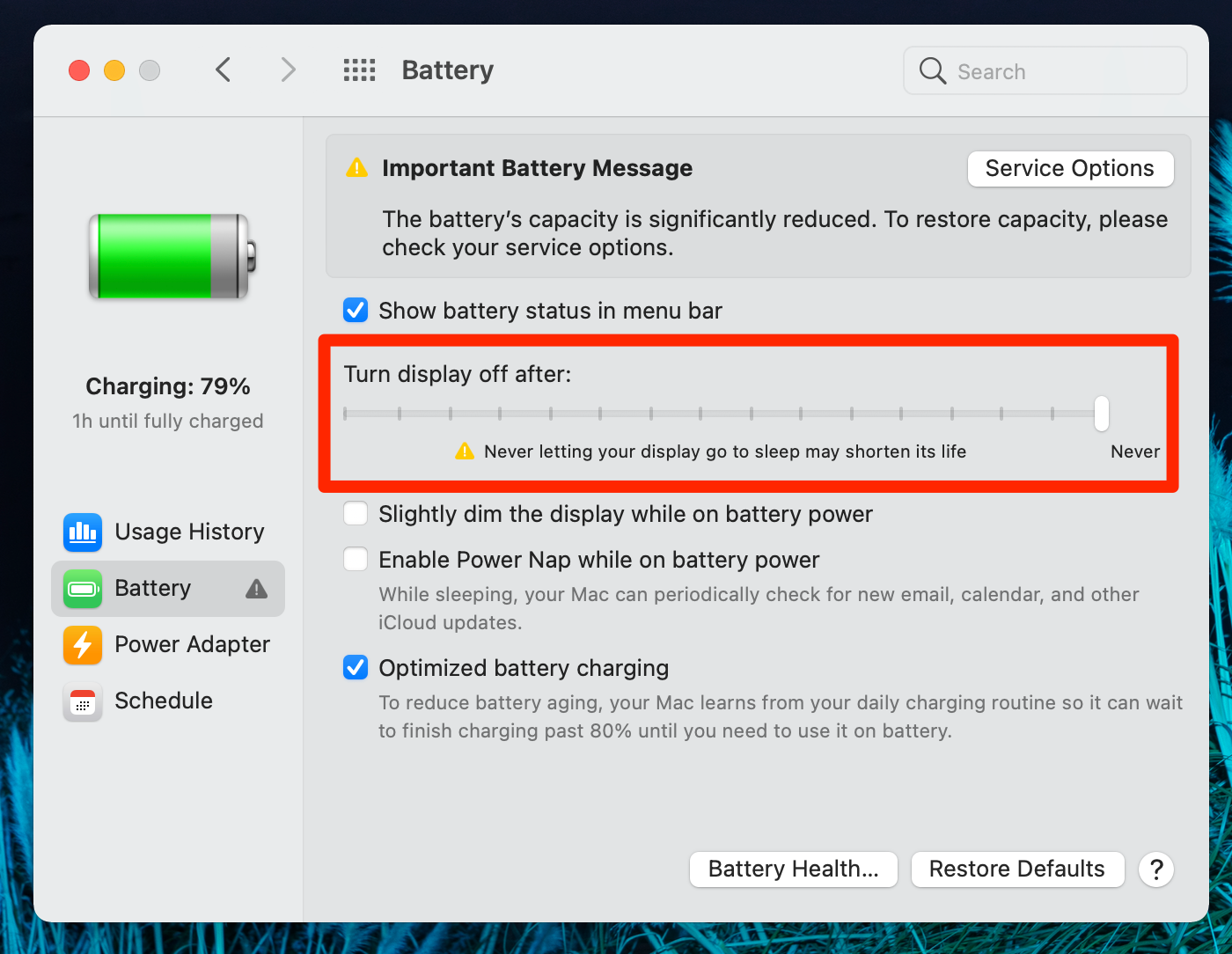
4. Next, install AirMessage on your Android and open it.
5. Log into your account in the Android app and it'll link your devices automatically.
6. Tap the blue chatting icon in the bottom-right corner of the app and type in a number that you want to send an iMessage to. A pop-up will appear on your Mac saying that AirMessage wants to use the Messages app — allow it.
Now you can send and receive iMessages straight from your Android, as long as both it and your Mac are on and connected to the internet.
